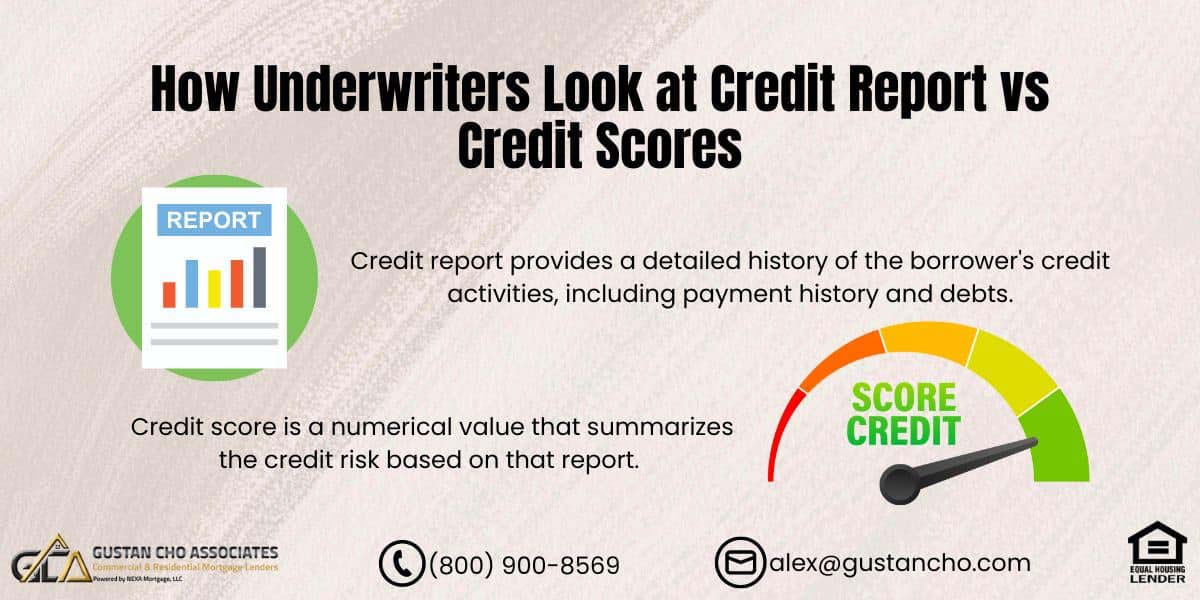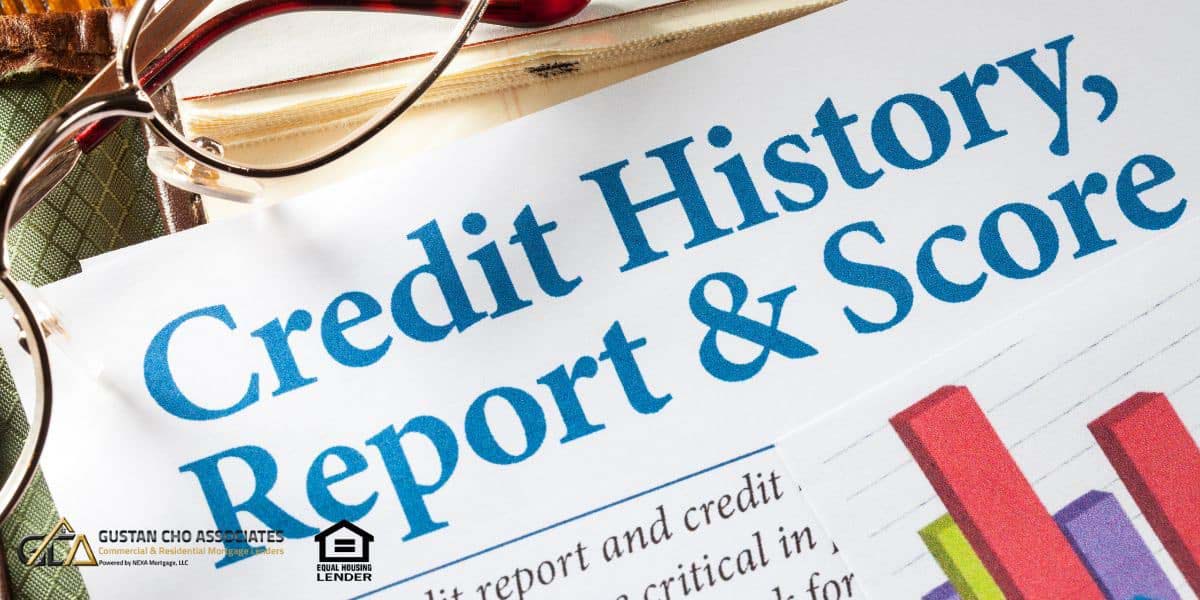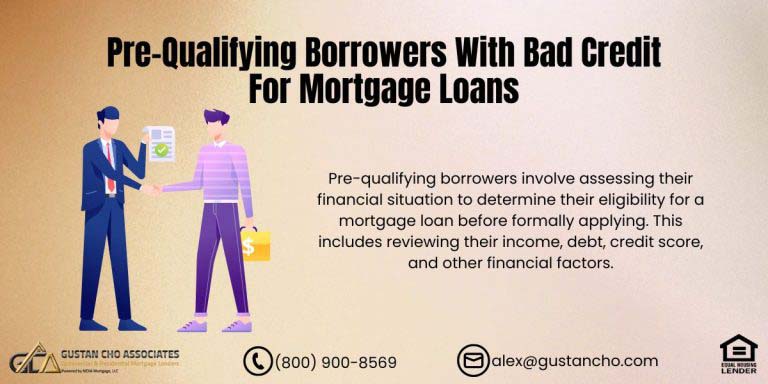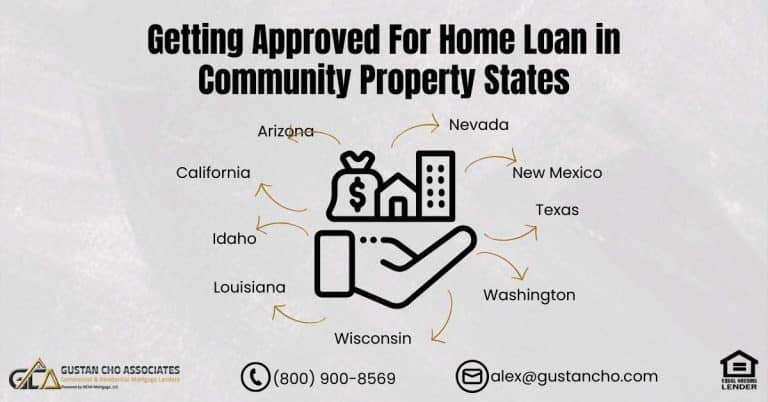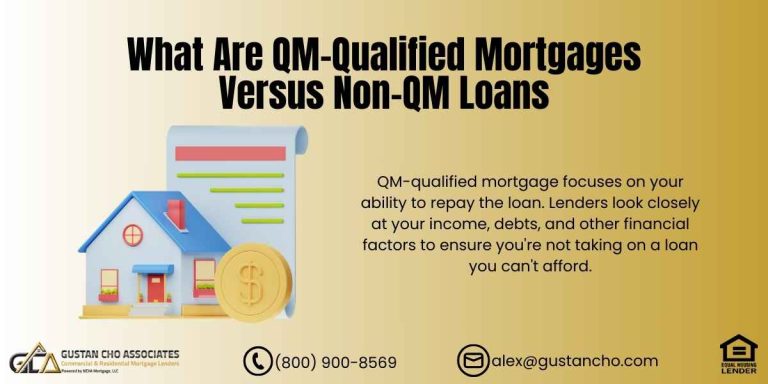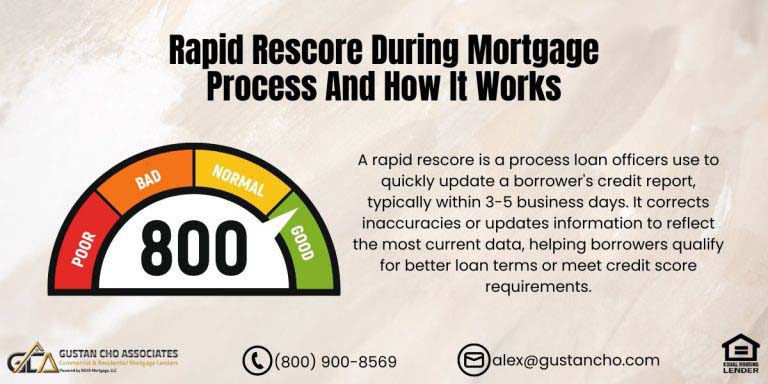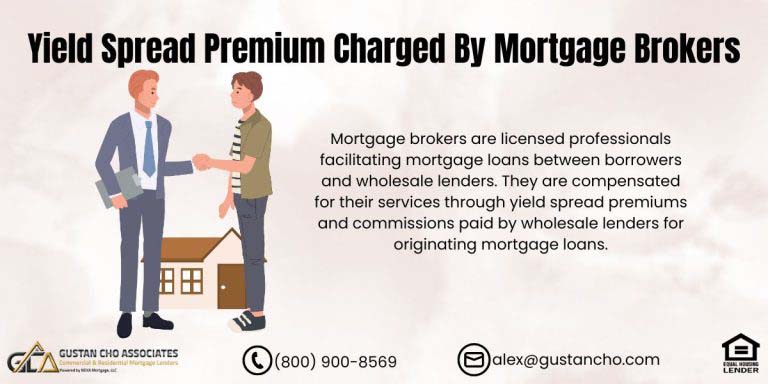This blog will cover how mortgage underwriters look at credit report vs credit scores. Minimum credit scores are required to qualify for government and conventional loans. Here are the credit score requirements: HUD requires a minimum credit score of 580 for a 3.5% down payment on home purchases.
HUD allows borrowers under 580 credit scores and down to a 500 FICO to be eligible for FHA loans with a 10% down payment. VA does not have minimum credit score requirements.
It is recommended that veteran borrowers have 580 to get an approve/eligible per Automated Underwriting System approval. USDA requires 580. Fannie Mae and Freddie Mac require 620 scores for Conventional loans. In the following paragraphs, we will cover how mortgage underwriters look at credit report vs credit scores.
Qualification Versus Automated Underwriting System Approval
Meeting credit scores does not automatically render an automated approval per Automated Underwriting System. The automated system will also fully analyze the borrower’s overall credit payment history from the credit report. Special emphasis will be placed on the following:
- Past 12 months’ payment history
- Any late payments after bankruptcy and foreclosure
- Late payments after a period of bad credit
It’s Not Just Your Credit Score—Underwriters Look Deeper
Late payments, collections, and credit behavior matter more than the number. Get a Free Credit Review Before You Apply!
Mortgage Borrower Payment History
Lenders view borrowers’ past payment history as an indicator of future payment on their new mortgage loan. Understandably, borrowers have periods of bad credit due to unemployment and other extenuating circumstances. However, lenders want to see re-established credit and no late payments after periods of bad credit. Consumer credit history is what shows on credit reports. Here are items that report to credit bureaus:
- Credit card and revolving accounts
- Auto loans
- Student loans
- Medical bills
- Mortgage loans
- Collection accounts
- Charge offs
- Judgments
- Tax Liens
- Late payment history
- Debt settlement histories
How Lenders Analyze Borrower’s Payment Behavior
The above credit tradelines and payment history are gathered into a data bank by all credit reporting agencies into a single credit report. All the information compiled in the credit report is analyzed. The credit bureaus will issue numerical values known as a credit scores. Credit report vs credit scores are what creditors and lenders will primarily consider whether they will grant credit. If they decide to approve the consumer for credit, the rate and terms offered to depend on credit scores. How good credit report vs credit scores are factors in determining interest rates. Credit report vs credit scores will determine the risk factor the creditors and lenders take into account.
Credit Scores Determine Risk of Borrower
When consumers apply for credit, creditors check credit report vs credit scores. The creditor will then review the credit report on the applicant’s payment patterns and history. Credit scores are used to determine the credit risk of an applicant. The lower the score, the higher the risk level is and the more of a chance of defaulting on obligations. This is how creditors judge risk tolerance. The lower the credit scores, the higher the interest rate. Utility companies also check credit report vs credit scores. The lower the scores are, the higher deposit they will require. For those with stellar credit scores, a deposit might not be required.
Credit Report vs Credit Scores at Credit Bureaus
Credit bureaus store credit reports of every consumer with credit. There are three credit bureaus: Experian, Equifax, and TransUnion. The credit report contains personal and financial information. Here is other information contained in a consumer credit report:
- Residential History
- Employment History
- Date of birth
- Social security number
- All Creditors
- Payment history with every creditor in the past seven or more years
Specifically, a third-party public records search involves the lender using an outside service or vendor to access and review various public records and databases to confirm details about the borrower, such as identity verification. Confirming the borrower’s legal name, date of birth, Social Security number, and other personal identification information.
What Are Public Records
Public records are any credit information that is public knowledge. All mortgage lenders will do a third-party public records search during the mortgage process through a third-party public records search vendor such as Lexis Nexus or Data Verify. Public records such as the following:
- Bankruptcy
- Foreclosure
- Judgment
- Deed in lieu
- Short sale
- Collections
- Charge offs
- Lens
- Tax Liens
- Child support delinquencies’
- Other public and private information
Mortgage lenders will use the middle credit score of a tri-merger credit report. A tri-merger credit report are credit scores of three credit bureaus: Experian, Equifax, and Transunion. There are various credit scoring models. Most mortgage lenders will use the Vantage 2 Credit Scoring Model. The three major credit reporting agencies are responsible to maintain credit reports.
Your Credit Report Tells the Full Story—Not Just the Score
Lenders look at payment history, disputes, and patterns—not just your FICO. Talk to a Mortgage Expert Today!
Public Records Search Process By Mortgage Lenders
A third-party public records search is a process that all mortgage lenders use during the mortgage process. Borrowers who do not have public records reporting on their credit report are not out of the woods until they pass the third-party public record search used by mortgage lenders. Mortgage lenders us public records search to verify and validate information about a borrower as part of the mortgage application and approval process.
Property and Asset Verification Through Public Records Search
Third-party public records search is used for checking public property records to validate information about the subject property and the borrower’s ownership or interest in it. Public records search is also used for verifying the borrower’s other real estate holdings, assets, and financial accounts.
Credit, Employment, Foreclosure, and Bankruptcy History
Reviewing the borrower’s credit report and public records related to any past bankruptcies, tax liens, or other public judgments. Confirming the borrower’s employment status, income sources, and earnings through public databases.
Public Records Checks For Fraud and Misrepresentation Background History
Scanning public records for any indications of fraudulent activity, misrepresentations, or other red flags in the borrower’s background. By conducting these third-party public records searches, mortgage lenders can more thoroughly validate the information provided by the borrower and assess the overall risk of the loan. This helps them make more informed decisions about loan approvals and underwriting.
Credit Reporting Agencies
The three credit reporting agencies collect consumers’ personal and financial information from creditors and create a credit profile for virtually everyone. This information is gathered and sold to creditors who request credit from consumers. Creditors use this information to make a credit decision on the credit request. Creditors pay a fee for each credit request from the three credit bureaus.
- Transunion
- Experian
- Equifax
Over 80% of our borrowers at Gustan Cho Associates could not qualify at other lenders due to overlays by the lender or because the mortgage company had the mortgage loan option best suited for them. Gustan Cho Associates has a national reputation for being able to do mortgage loans other lenders cannot do. Gustan Cho Associates has over 190 wholesale mortgage lenders.
How Are Credit Scores Determined
Those granted credits from creditors and lenders will report credit information and credit payment history to the three credit reporting agencies. This is how credit history is then established.
- On-time payments
- Late payments
- Credit limits
- Credit Balances
- Credit Inquiries
- Collections
- Charge offs
The above are all reported by the creditor and become part of the credit history for future creditors and lenders. The specific public records searched and the third-party vendors used can vary by lender, but the goal is to obtain a comprehensive view of the borrower’s financial and personal history as part of the mortgage application process.
How Lenders Compare Credit Report vs Credit Scores
Credit scores are scores that each credit reporting agency derives from the credit report. Credit report vs credit scores are the two factors a creditor and lender will use to determine risk tolerance. After evaluating risk, they then grant credit and determine interest rates charged. Credit scores will fall somewhere between 300 to 850. Each of the three credit bureaus has its own formula for calculating credit scores. Most will have three different credit scores. The higher the credit scores are, the less of a risk, which means favorable terms and rates.
Getting Approved For a Mortgage For Bad Credit
Gustan Cho Associates is a national mortgage banking firm with no overlays on government and conventional loans. As mentioned earlier, there are minimum credit score requirements to qualify for government and conventional loans. However, banks and mortgage lenders can set higher credit score requirements than the minimum credit score required by FHA, VA, USDA, Fannie Mae, and Freddie Mac. The higher mortgage guidelines are called mortgage lender overlays.
Mortgage Loans For Credit Scores Down To 500 FICO
Gustan Cho Associates are experts helping borrowers with credit scores down to 500 FICO. Gustan Cho Associates only requires what HUD requires of a 580 credit score to qualify for FHA loans. Gustan Cho Associates has helped borrowers with 500 FICO on VA and FHA loans. ABC Bank may require a credit score of 640 even though FHA only requires a 580 score. ABC Bank has FHA Overlays on credit scores. Same with VA loans. I recently closed on a veteran borrower with a 587 credit score and a 58% debt-to-income ratio. However, most VA Lenders will require a 620 credit score even though the U.S. Department of Veterans Affairs does not require a minimum credit score requirement on Veteran Borrowers.
Best Mortgage Lenders For Bad Credit With No Overlays
Lenders’ higher credit score requirement by the individual mortgage lender on VA loans is called overlays on credit scores. Homebuyers and Homeowners who need to qualify for a mortgage with a lender licensed in 48 states with no overlays, contact us at Gustan Cho Associates at 800-900-8569 or text us for a faster response. Or email us at gcho@gustancho.com. Gustan Cho Associates is available seven days a week, evenings, weekends, and holidays. Gustan Cho Associates is a mortgage broker licensed in 48 states with a national reputation of being able to do mortgage loans other lenders cannot do. Over 80% of our borrowers could not qualify at other lenders due to overlays, stress, last-minute loan denial, or not having the mortgage products. At Gustan Cho Associates, we only market existing mortgage loans that are possible at competitive rates. Besides government and conventional loans with no lender overlays, we offer hundreds of non-prime mortgage programs including non-QM and non-prime mortgages.
Get Approved With More Than Just a Score
We’ll help you clean up your credit report so underwriters see a strong borrower—not just a number. Start Your Pre-Approval With a Credit Report Review Today!
FAQ: How Underwriters Look at Credit Report vs Credit Scores
- 1. What is the difference between a credit report and a credit score in mortgage underwriting? Mortgage underwriters use credit reports and scores to assess a borrower’s creditworthiness. The credit report provides a detailed history of the borrower’s credit activities, including payment history and debts. In contrast, the credit score is a numerical value that summarizes the credit risk based on that report.
- 2. What are the minimum credit score requirements for different types of loans? Different loan types have varying credit score requirements:
- FHA loans: 580 for a 3.5% down payment; 500-579 for a 10% down payment.
- VA loans: No minimum credit score, but 580 is recommended for Automated Underwriting System approval.
- USDA loans: Minimum 580.
- The credit score required for conventional loans backed by Fannie Mae and Freddie Mac must be at least 620.
- 3. Does meeting the minimum credit score guarantee loan approval? No, meeting the minimum credit score does not guarantee automated approval. The Automated Underwriting System also considers the borrower’s overall credit payment history and other factors detailed in the credit report.
- 4. What factors do lenders emphasize when analyzing a borrower’s payment history? Lenders focus on:
- Payment history over the past 12 months.
- Any late payments following bankruptcy or foreclosure.
- Late payments occurred following a period of poor credit.
- 5. How do credit scores affect the terms of a loan? Credit scores primarily determine the risk level lenders associated with a borrower. A lower score indicates higher risk, often resulting in higher interest rates or a required utility deposit.
- 6. What types of debts are reported to credit bureaus? Reported debts include credit cards, auto loans, student loans, medical bills, mortgage loans, collection accounts, charge-offs, and judgments.
- 7. What are public records in the context of mortgage processing? Public records refer to any credit-related publicly available information, such as bankruptcies, foreclosures, judgments, and tax liens. Lenders use third-party services to search these records during the loan process.
- 8. How do lenders use third-party public records searches? Lenders use these searches to verify and validate information about the borrower, like identity and financial status, and to check for any indications of fraud or misrepresentation.
- 9. What are the roles of credit reporting agencies? Agencies like Experian, Equifax, and TransUnion collect financial and personal information from creditors to create credit profiles. These profiles help creditors make informed decisions on granting credit and the terms of credit.
- 10. Can borrowers with bad credit still get a mortgage? Yes, borrowers with lower credit scores may still qualify for certain loans, particularly through lenders like Gustan Cho Associates. Certain loans are available without additional lender requirements, and we’re willing to accept credit scores as low as 500 for those loans.
This FAQ addresses how mortgage underwriters evaluate credit reports and scores and the implications for loan approval and conditions.


